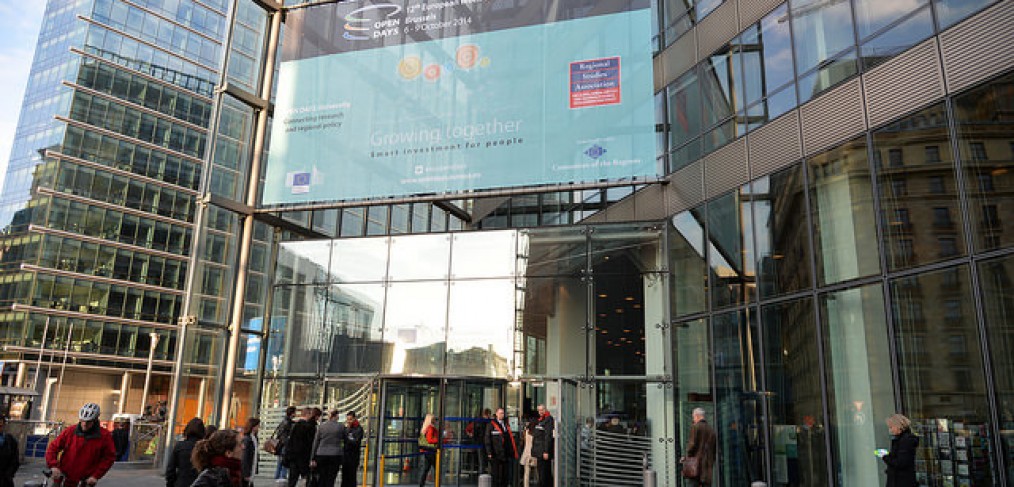
IMPACT Europe presented at European Commission conference on radical ideologies and violent extremism
On 26 September, the European Commission organised a conference under the title Addressing Radical Ideologies and Violent Extremism: The Role of Research. The event followed the publication of a policy review on this topic by Professor Gilles Kepel (Sciences Po, Paris) and Professor Bernard Rougier (Université Sorbonne Nouvelle, Paris). Several panels of speakers intervened on the day, comprising representatives from the European Commission, as well as members of EU-funded research projects and academia seeking to inform policy-makers on the ways in which to better understand and tackle radicalisation and violent extremism in Europe.
The starting point of the conference was the presentation of the policy review European Research in social sciences and the humanities in support to policies for inclusion and security. Professors Kepel and Rougier summarised the objectives and the main elements covered by the document they prepared, offering an overview of the approach employed and of the main findings emerging from existing research, focusing in particular on work funded through the European Commission’s 7th Framework Programme. This presentation was followed by an intervention by representatives of the European Commission who drew participants’ attention to the measures and provisions of the recent Commission Communication on Supporting the prevention of radicalisation leading to violent extremism.
Following the opening session, academic experts and representatives from EU-funded research projects presented some of the contributions made by research to the understanding and tackling of violent extremism and associated ideologies. In this context, Jacopo Bellasio of RAND Europe was invited to present IMPACT Europe. Mr Bellasio’s presentation focused not only on the results achieved by the project to date, but also on the challenges that remain with regard to seeing sound evaluation practices become more established and embedded in the fields of CVE and PVE.
Overall, throughout the day, several speakers pointed towards the need to see more CVE/PVE policies and interventions designed on the basis of evidence collected through robust research and evaluation programmes. Participants also emphasised the need to have faster feedback loops in what is a very dynamic and high pressure context. Lastly, speakers also agreed on the need to see more interdisciplinary research being performed, focusing in particular on the psychological, environmental, and cultural context in which radicalisation takes place.
[Image shared by European Week of Regions and Cities via Flickr; CC BY 2.0]
